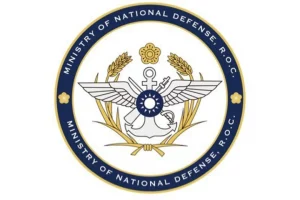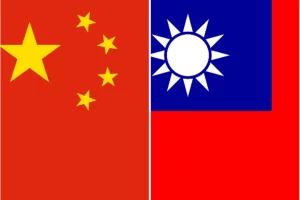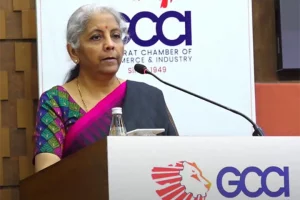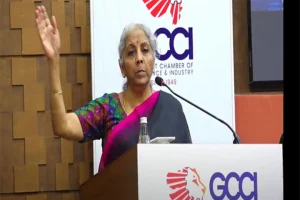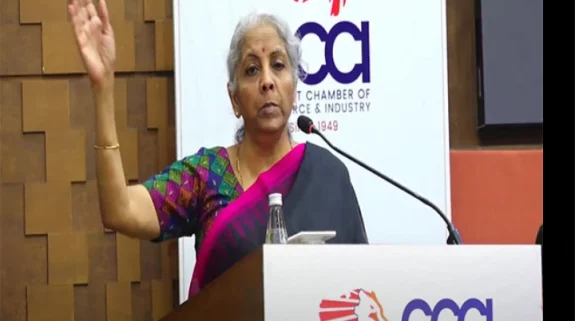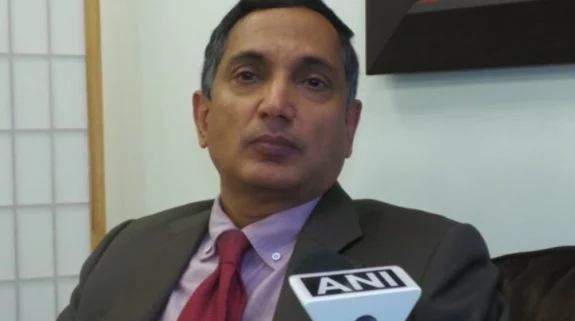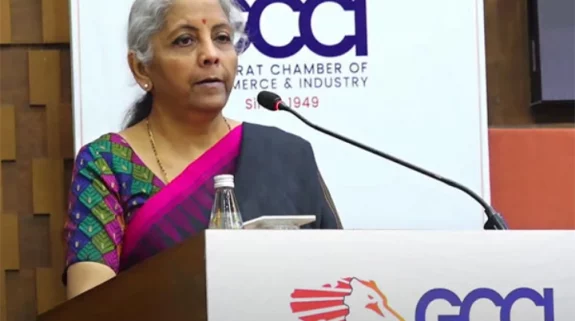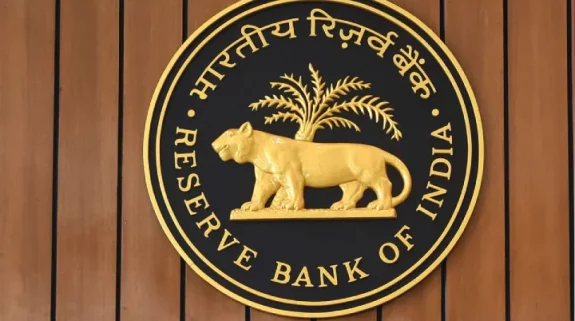Introspecting deeply on the Covid-19 pandemic, Prime Minister Narendra Modi, hit upon an important theme—has humanity lost its ability to balance economic growth, ecological sustainability and human welfare? Is this imbalance the root cause of immense human suffering? How can this harmony be restored which will spur food security in India, and make the county a leading player in the global food supply chain?
The problem of global food security and India’s role in it cannot be swept under the carpet. According to some estimates, in the next three decades—a short span in history–the world will have 10 billion mouths to feed.
Close to 70 per cent of these people will prefer to live in cities. Rising population and the broadening of the middle class is bound to impact consumption patterns both in food and clothing.
Consequently, overall production would have to increase anywhere between 50-90 per by 2050, when compared to 2005 figures, according to a study.
In order to meet this onerous demand, other challenges especially climate change and profligacy in the use of water and food would also have to be contended. Farm production methods would have to be reformed before it is too late.
Also read: Punjab to have bio-fuel projects to prevent stubble burning
Among new methods to ensure food availability, sustainable supply chains for both dry and cold storage would need to be urgently established with contributions from the private as well public sector, with the government providing proactive backup support. With water tables dropping in many parts of our country, it is necessary to implement PM Modi’s slogan of more crop per drop. A cluster of climate friendly technologies will have to be encouraged and implemented, Engagement with local small farmer communities will be fruitful on issues like climate change, usage of the right amount of water, fertilizers, changing crop patterns.
Productive and regenerative agricultural policies and practices will have to retain soil fertility. Many countries which are leaders in Agri Exports and known for pursuing an integrated approach by actively working on a combination of crop rotation, building soil health, using less chemicals, expanding farmer training and focusing on general awareness of best practices.
In the case of India, issuing soil cards, explaining the importance is the responsibility of everyone in the policy space is a laudable initiative.
Marine products are India's largest Agri-export. Conscious of its role, the government is focusing on aquaculture. As per a study, close to 3 billion global citizens depend on farmed seafood as their primary source of protein. India can easily become a world leader in this field.
Also read: Despite healthy rice production, shortage of containers hamper exports
Currently, Vietnam has adopted a more scientific and sustainable aquaculture industry. In fact, it no longer depends on wild fish for nutrition. Not only does it help in producing better quality products, it simultaneously eases the pressure on diminishing fisheries, benefitting restoration of marine bio- diversity. The success of Medes Island Marine reserve in Spain is a major initiative which can be replicated in our Coastal belts.
On an average over 400 million tonnes of food is wasted globally at the consumption stage itself. Rich nations waste over 100 kgs per capita, whereas our part of the world wastes anywhere between 6 to 10 kgs. Tackling this would improve the ability to feed the poor and the needy.
Metal silos and other low cost scientifically designed storages can do a lot of good for avoiding wastage. Handling of the food is also very crucial in its shelf life and usage. Indonesia has implemented a smart farming solution called HARA. This has helped increase crop yield by more than 50 percent and reduced farming inputs. There has been more than 20 percent reduction in crop failures.

In India precision farming, smart technology with FPO s can be put to practice and yield enormous benefits in building a Brand India. However, ensuring proper certifications, procurements with traceability will be of huge importance to achieve this laudable objective, enabling India to become a valuable partner in delivering world food security.
(Fauzan Alavi, Bachelors in Hospitality from ITC Welcomschool, Manipal. He is currently working as Director of Allanasons Pvt Ltd. Views expressed are personal and are exclusive to India Narrative)








